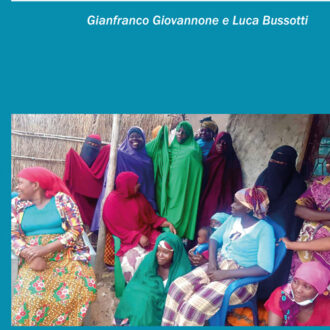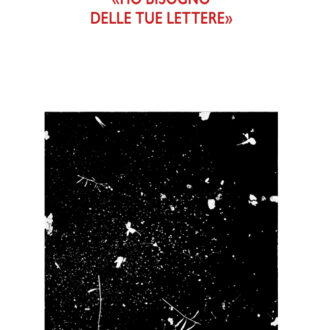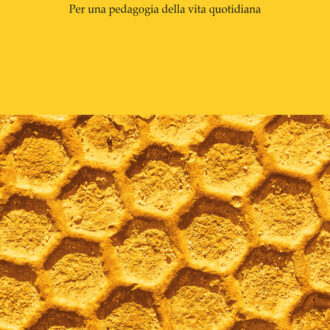ABSTRACT
L’ultima lettera di Julie costituisce una «formazione di compromesso» tra le due istanze dell’amore occidentale in irriducibile conflitto: il rispetto per la virtù coniugale e l’amour-passion. Lo scontro, senza un vincitore, presenta ambiguità assenti nella codificazione cortese. Nel successivo canone romanzesco si ritrovano varianti significative del finale della Nouvelle Héloïse. In Claire d’Albe di Sophie Cottin la ricerca della felicità s’impone come atto che manda in frantumi l’ordine idealizzante e repressivo. In Le Lys dans la vallée il rimpianto, provocato dalla rinuncia, ha una potenza demistificatrice ancora maggiore, in quanto rivela come il rispetto dell’ordine sociale infligga alla donna un’infelicità innaturale.
Julie’s last letter constitutes a «compromise formation» between the two instances of western love in irreducibile conflict: the respect of marital love and the force of amour-passion. This confrontation, with no winner, shows ambiguities that are not present in courtly codification. In the following fictional canon there are some significant variants to the ending of La Nouvelle Héloïse. In Sophie Cottin’s Claire d’Albe, the research of happiness asserts itself as an act which shatters the idealizing and repressive order. In Le Lys de la vallée, the regret, due to withdrawal, has got an even greater demystifying power, in that it reveals how the respect of the social order inflicts an unnatural sorrow on woman.












Recensioni
Ancora non ci sono recensioni.